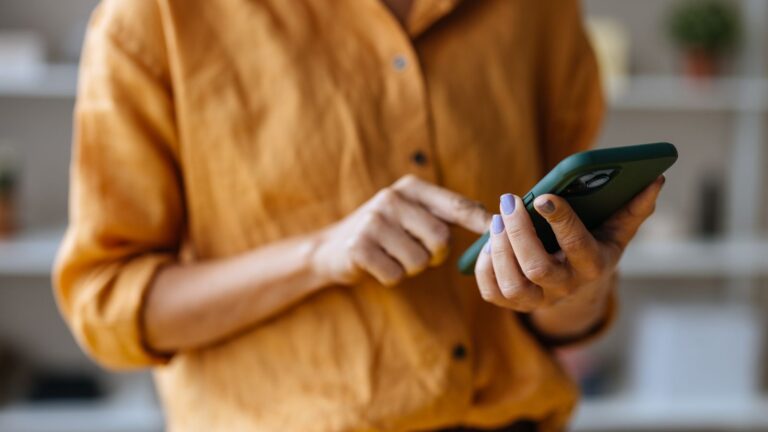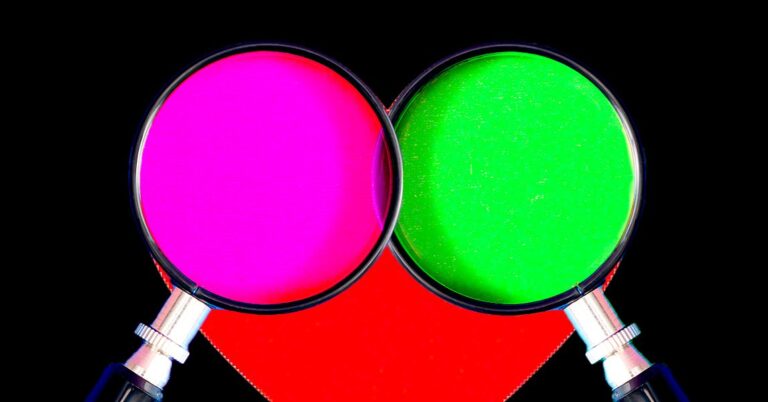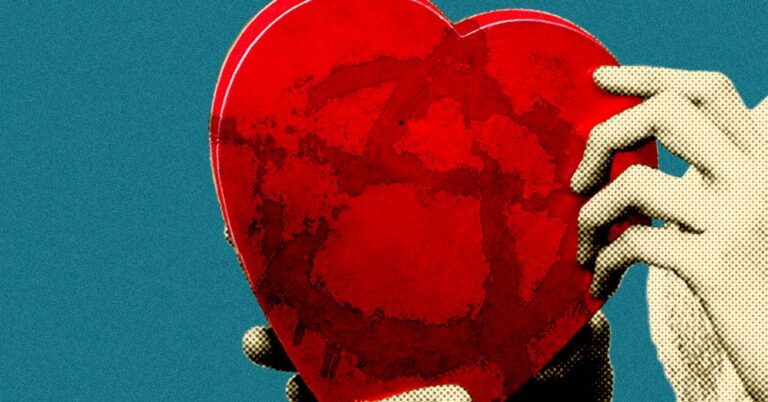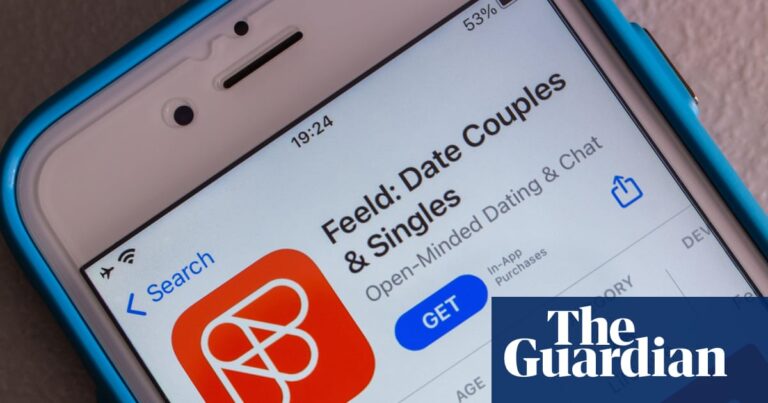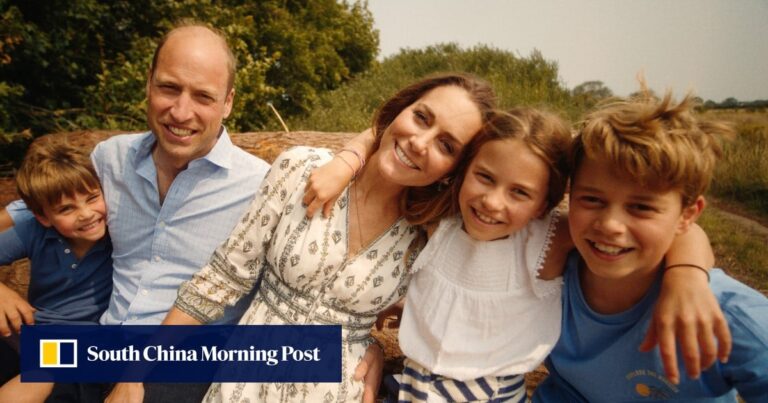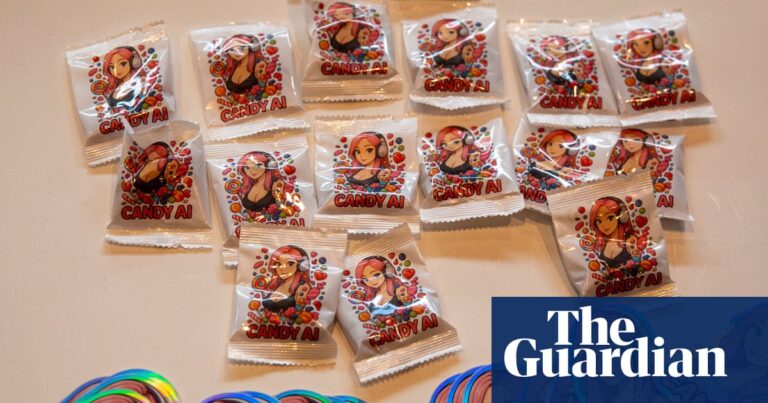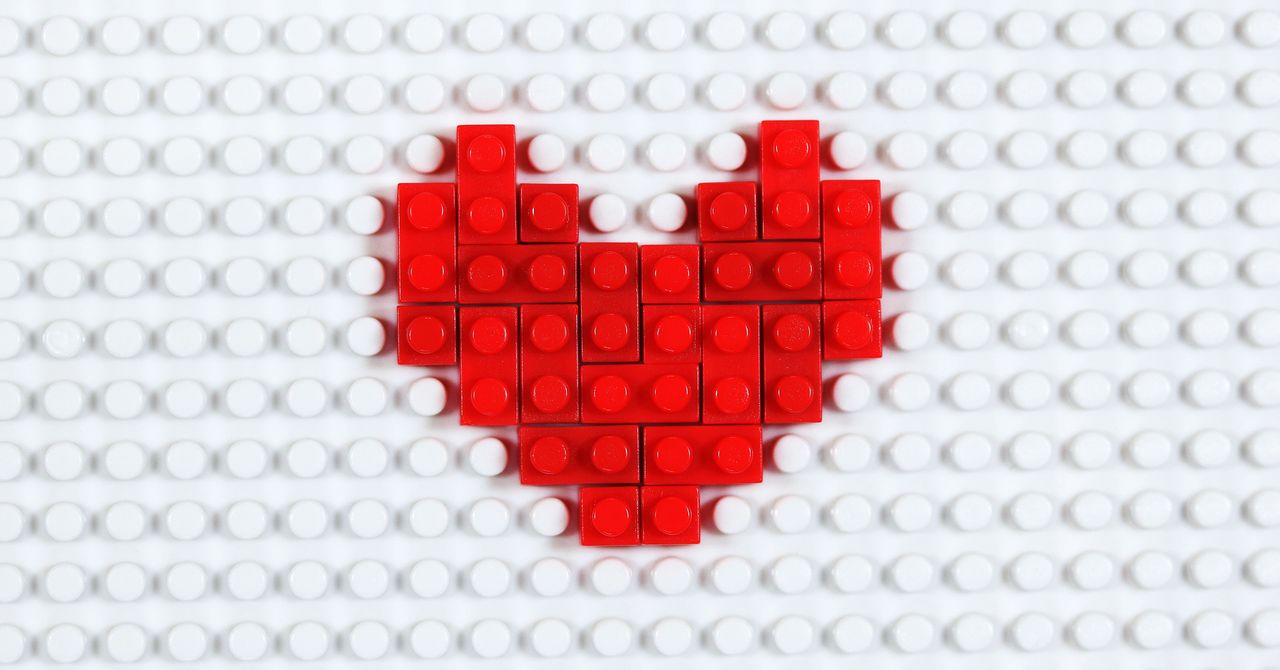
I reached out to Olsson to ask her what inspired her to put out a Date Me doc. The pandemic is part of this story, because of course it is. “For obvious reasons, I was not going to house parties, group events, or meeting friends-of-friends very often,” Catherine Olsson told me over Twitter DM. “I wanted something to enable friend-of-friend intros in the pandemic world.”
Mostly, though, Olsson just wanted to filter out people who aren’t into this style of dating, and stop relying on happenstance to find the right match. “If spontaneity hasn’t worked yet, why not help it along?” she wrote to me.
All of this is deeply rational. You might also say practical, except the distinction between practical and rational is an important one to make in Silicon Valley these days, because rationalism is now its own influential subculture. Almost all the people cited in this story identify as rationalists or, as Olah put it, hold values associated with effective altruism. Olsson said she doesn’t think the dating doc is a widely adopted format outside of these circles: “This was always(?) meant as something to pass around within our subcultural communities. It’s a ‘by nerds, for nerds’ format!”
But of course, dating, and love, aren’t always optimizable. We think we know what we want, but we’re actually quite crappy at assessing what will make us happy. Or, as WIRED previously explained, “Good romantic partners are difficult to predict with data. Desired romantic partners are easy to predict with data. And that suggests that many of us are dating all wrong.”
Like a lot of people, I’ve used dating apps on and off, and my most profound realization, which is not very profound, is that the people I find myself completely drawn to in real-life conversations are often people I might have passed on in an app. Also, I’ve never done a Date Me doc, because it sounds mortifying, but I did once publish a 5,000-word feature that practically shouted my singleness, so same difference.
Date Me docs do seem to be a natural next step in the evolution of online dating, not because the outcomes are necessarily better, but because the docs themselves feel at least like an effective form of self-expression. They are the anti-app, in that they embrace the vastness of the open web and shirk the ideals, dodgy algorithms, and templates of containerized dating apps. Apps and web, web and apps, and on and on we go. In a way, this is the natural ebb and flow of dating, too. We alternately broaden our dating pools and shrink them, depending on our needs and desires. Or, we verticalize—narrowing our options because of religion or culture or age—and when that doesn’t work, we go horizontal again. (And I don’t mean that as a euphemism, although, sure, why not.)
At the same time, the verbosity encouraged by Date Me docs could quickly devolve into fan fiction, in which a person describes all their hopes, dreams and desires with such specificity that it’s unlikely such a partner exists. After perusing a multi-page dating doc—as with a 5,000-word magazine story—a person can think they know a heck of a lot about you, before they even get the chance to like you. Which is pretty much what it means to live online today.
On Wednesday, the same day that Olah tweeted his Date Me doc, Olsson tweeted “a few brief thoughts on dating docs after a year.” She is still unsure if they really help people find love in the time of the internet. Writing a thorough profile is clarifying for some people, she says, but most docs can be a lot shorter. Anecdotally, Olsson has noticed that Date Me docs lead to more secondhand matches—i.e., my friend should date this person—than direct connections. And, she writes, “bystanders react with ‘More people should do this!’ much more than they respond with interest!”
When I asked Olsson if she had found love herself in the past year, she declined to answer. One of her tweets, though, might best sum up the experiment: “There’s something incredibly freeing about being able to say ‘Well, at least I gave optimizing directly for partnership a serious try.’”
